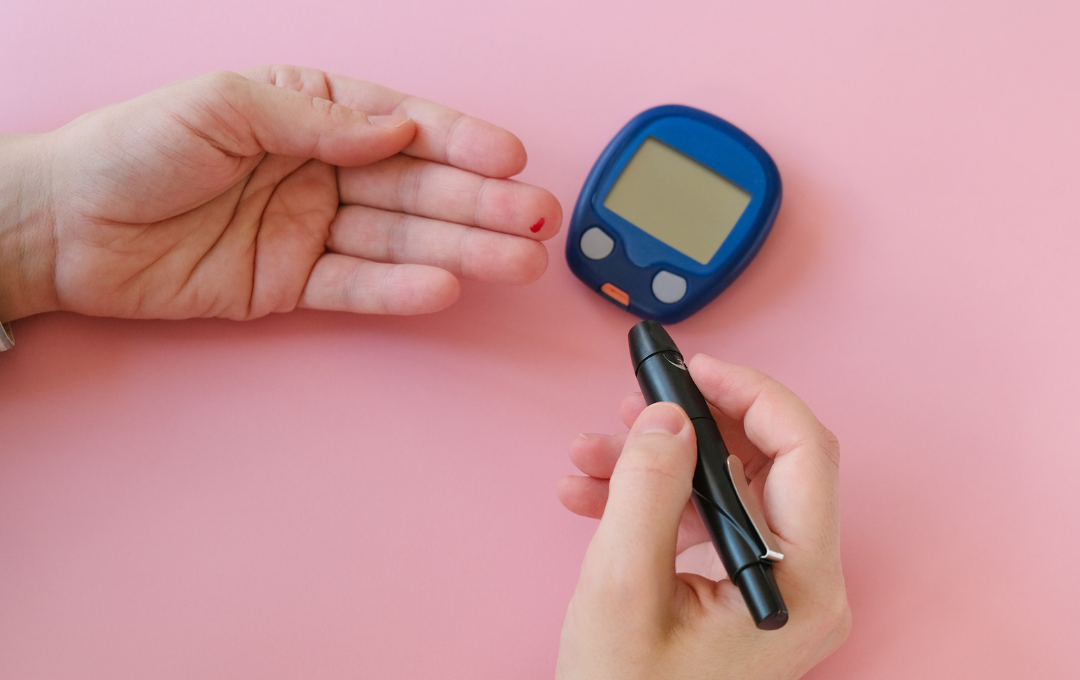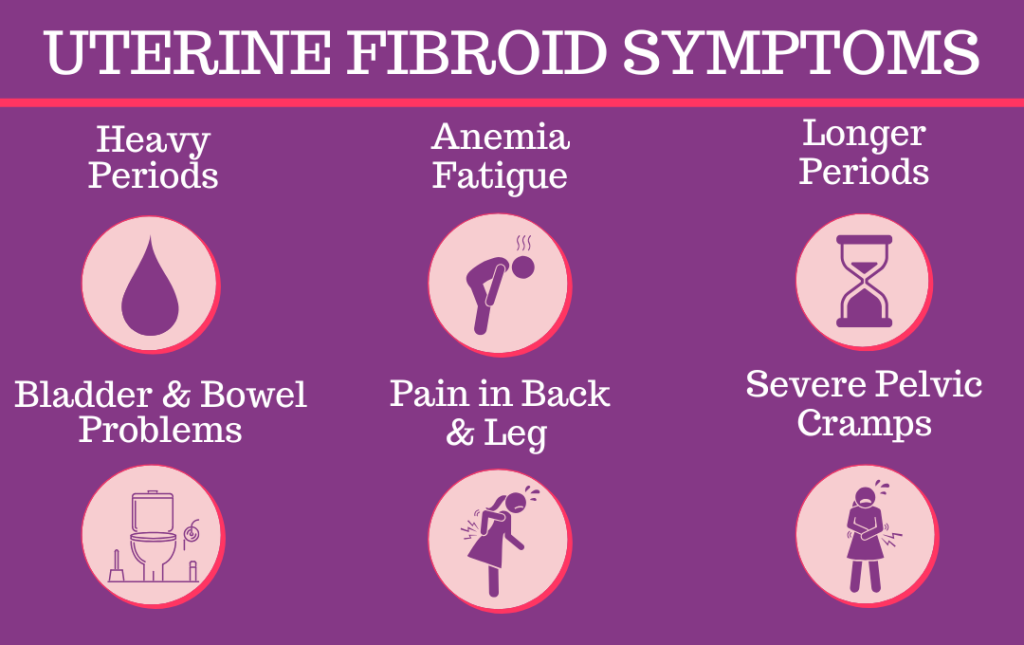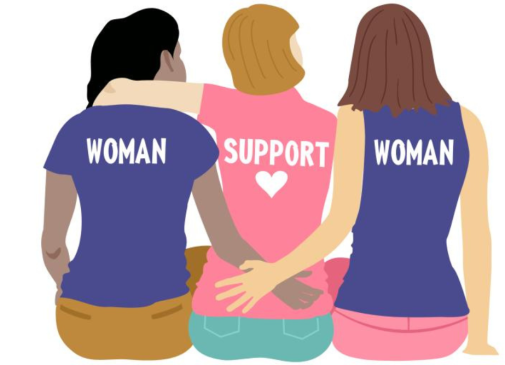
Did you know that diabetes could increase your risk of developing uterine fibroids? Diabetes affects millions of Americans, and it’s crucial to be aware of its potential complications.
While the exact cause isn’t always clear, research suggests a connection between insulin resistance, a common complication of diabetes, and the development of these fibroids.
What is Diabetes?
There are two main types of diabetes. Type 1 diabetes is an autoimmune disease where the body attacks its own insulin-producing cells, often referred to as insulin-dependent diabetes because it requires injecting insulin. While type 2 diabetes is a condition where the body becomes resistant to insulin or doesn’t produce enough.
Insulin is one of the naturally occurring hormones secreted by your pancreas. Insulin allows your body to metabolize glucose into energy. When your body does not have enough insulin or doesn’t respond to the insulin it does produce; the result is high blood sugar or hyperglycemia.
Sustained hyperglycemia can lead to health issues such as degraded sight, kidney failure, and venous insufficiency. People with diabetes are also more at risk for skin ulcers and amputation of the limbs.
Diabetic Risk Factors
Risk factors for diabetes include:
- Family history: Having a parent or sibling with diabetes increases your risk.
- Age: The older you get, the higher your risk, especially after age 45.
- Weight: Being overweight or obese significantly raises your risk.
- Physical inactivity: Lack of regular exercise can contribute to diabetes.
- Race/ethnicity: Certain ethnicities, like African American, Hispanic/Latino, American Indian, and Asian American, have a higher risk.
- Prediabetes: Having prediabetes puts you at a higher risk of developing type 2 diabetes.
- Gestational diabetes: A history of gestational diabetes increases your risk of developing type 2 diabetes later in life.
The American Diabetes Association recommends starting routine screening every three years from the age of 45. However, if you have additional risk factors, it’s advised to consult your healthcare provider for more frequent screenings.
What Are Fibroids?
Uterine fibroids are non-cancerous growths that are made up of smooth muscle cells and fibroid connective tissue. These growths develop within the uterine wall or on its exterior,, ranging in size from microscopic to as large as a melon. Fibroids can present individually or in clusters of varying size and type.
It’s important to know the symptoms that indicate you might have fibroids, as many women are unaware that these signs may mean something is wrong.

Is There a Connection Between Diabetes and Fibroids?
A recent study explored the relationship between insulin-like growth factor II (IGF-I) and its role in the development of fibroids. The study found that both conditions share some of the same risk factors, such as obesity, family history, and age.
Diabetes may conceal the presence of fibroids because it alters hormone levels and raises blood sugar levels which can cause lengthy, heavy, irregular menstrual cycles and exhaustion.
If you are living with or are at risk for diabetes, it is vital to pay attention to your body and note when something is amiss. Inform your doctor if you experience new or troubling symptoms.
Does Diabetes Impact Reproduction?
There have been several studies exploring the connection between diabetes and reproduction. Diabetes can delay menstruation and affect fertility as well as pregnancy viability.
High blood sugar levels can disrupt the delicate hormonal balance necessary for ovulation, leading to irregular or absent menstrual cycles. Additionally, insulin resistance, a common complication of diabetes, can interfere with the ovulation process and poorly controlled blood sugar levels during pregnancy can increase both the mother and baby’s risk.
However, recent advances in insulin therapy have significantly improved menstrual management for women with diabetes. Newer insulin formulations offer greater flexibility in dosing and timing, reducing the risk of hypoglycemia and making it easier to adjust insulin levels during menstrual cycles. Additionally, insulin pump therapy provides precise control over insulin delivery, allowing for more accurate adjustments based on changing hormonal fluctuations.
Steps You Can Take to Improve Your Period Health
Despite the lack of a strong connection between diabetes with fibroids, it is important to be informed to successfully advocate for your health. Diabetes can cause lengthy, heavy, and irregular menstrual cycles that can lead to anemia and exhaustion, symptoms that overlap with fibroids.
Since there are several symptoms and risk factors that are shared between diabetes and fibroids, it’s important to note when menstrual symptoms become severe or irregular. These abnormal symptoms could be an indication of an underlying condition like uterine fibroids.
Take our one-minute symptom checker to learn if you are suffering from fibroids here.
What To Do If You Suspect You Have Uterine Fibroids
It is crucial to inform your doctor if you are experiencing irregular periods, urgency in the bathroom, or weariness. Do not ignore these common symptoms of fibroids, no matter how small.
Fibroid specialists can accurately diagnose your illness and pinpoint fibroid tumors using image-guided technologies such as ultrasound and magnetic resonance imaging (MRI).
If you’re diagnosed with fibroids and worried about surgery and its impact on your fertility, there’s a less invasive, outpatient procedure that offers a quicker recovery and minimal disruption to your daily life. Uterine fibroid embolization (UFE) treats all uterine fibroids simultaneously and relieves uncomfortable symptoms.
At the Fibroid Fighters Foundation, we aim to educate women with fibroids about their options when it comes to finding effective treatment solutions. If you’re experiencing symptoms and want to get checked for fibroids, give us a call at 855-455-5262 or contact us online.
The Fibroid Fighters Foundation is passionate about connecting women with one another to share their unique stories about living with fibroids. If you want to share your fibroid journey and connect with others, check out our testimonial page here where you can talk about your experience via video, audio, or text.
References:
- https://journals.sagepub.com/doi/full/10.1177/2042018819895159
- https://www.ncbi.nlm.nih.gov/pmc/articles/PMC2856640/







